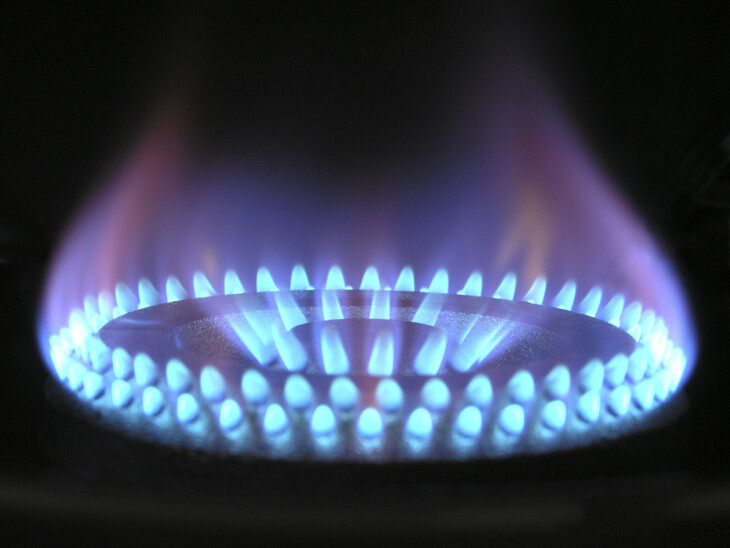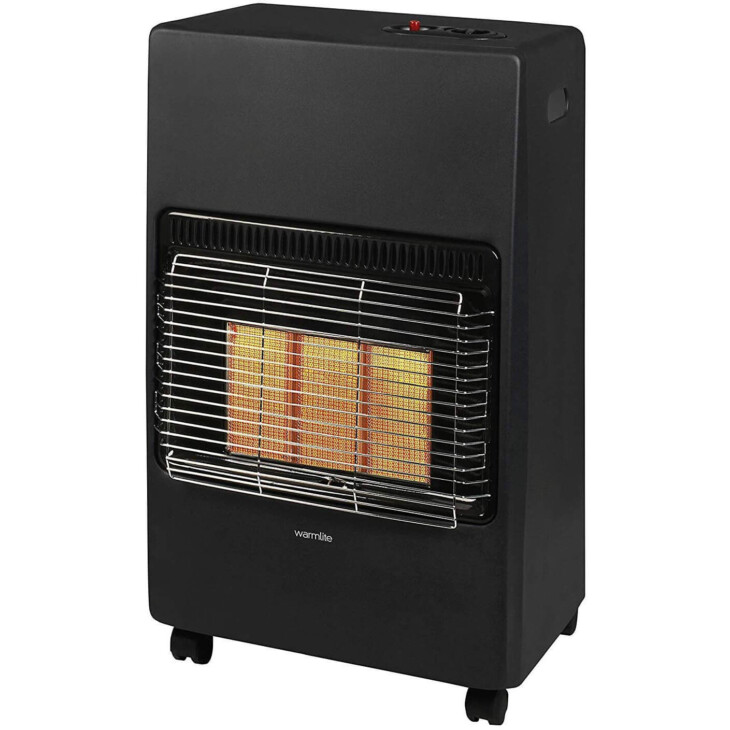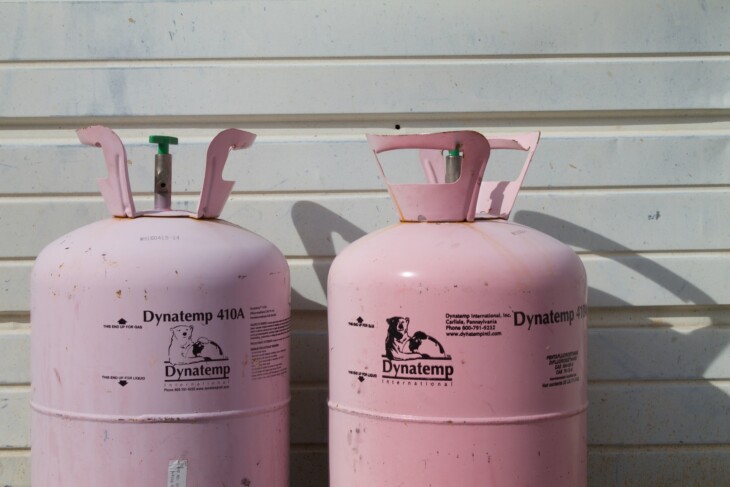Gas heaters are taking more and more precedence in today’s homes over wood and electric heaters. Of course, this is not something that should confuse us. They are quite effective, and therefore, popular among the general public. Just take a look at the market and you will understand the whole situation. Without a doubt, their effectiveness has been proved over and over for many years.
Different from what we can see from many other markets, the majority of manufacturers truly provide quality to the consumers. This fact alone says just how they became so popular in the last two decades. Surely, there are more solutions on the market, but this one established itself over the years. So, many people have taken an interest in it. In fact, we can see that the need for these skyrocketed in the last couple of years.
This may be because these present a certain number of advantages over other types of heaters that cannot be overlooked and certainly not eschewed. Even with gas heaters only, there are differences, both big and small that set varying heaters apart from one another. Understanding all of these aspects is crucial for finding the best one on the market.
How does one go about ensuring that the gas heater which you select for your home is the best that you can find?
Think About the Type

img source: sarajevogas.com
When choosing the best type you would like to install, you must first think about the space you will be heating. Of course, depending on the size of the space, you will be able to come up with a couple of factors that can help you with making a proper decision. Gas heaters can provide central heating, or can warm up individual rooms.
Central ones make use of internally constructed air ducting systems to provide heat to multiple areas from one central source. Their main advantage is that they make heating the house simpler and more cost-efficient over time. Central ones provide either gas hydronic or ducted heating.
Gas hydronic heating simply refers to the use of radiators in various rooms, which gather heat from hot water, which flows through pipes originating at a boiler. Ducted heating, on the other hand, draws air into a furnace; which is then heated and channeled into ducts and vents that run through the home.
Instead of central heating, you may also opt for individual room heating options. These entail using those that have been installed in one room to provide heat only to that room. Of these types, there are wall furnaces and gas log heaters to select from. Gas log heaters are very aesthetically advantageous and can be a stunning décor enhancement.
Mobile Gas Heaters

img source: heatpumpsource.co.uk
Many people don’t know that there are both portable and flued ones. Of course, choosing between these two goes beyond their type. Since we have talked about the immobile type, for the most part, we would like to focus on mobile ones. We would like to talk about their pros and cons.
Pros
- They can be moved around the space and pointed in all directions. You can store them when you don’t need them and use them when you do.
- They are highly efficient. We can see that roughly 90% of the gas is can be turned into heat.
- They are three times more efficient than electric heaters. When you do the calculation, you will see that this figure is precise.
- They are much cheaper.
Cons
- The word of law prevents people to use them in rooms where the ventilation is not at the proper level. Mainly, bathrooms and bedrooms.
- Some percentage of combustion can get back to the room, instead of going outside.
- When not used properly, they can cause significant damage to the walls in a particular room.
Consider the Size
The size of the device you will decide to install depends on a couple of different factors:
- The number of windows.
- Your home’s insulation and how well it performs.
- Your environs and climate.
- The size of the space to be heated.
- Whether you would prefer to have flues or leave them out altogether.
- How high or low the people living in the home prefer to set their temperatures.
These elements will dictate the size of the heater that you get so that you may ensure that you are both able to provide adequate heat to the rooms in your home, and also that there is no wastage due to the production of excess heat. Making a wrong decision and buying a device that has too much capacity can cause many problems down the road. So, be careful about the one you will choose.
Safety

img source: unsplash.com
Gas heaters mostly rely on constant and timely servicing as well as proper maintenance to remain safe. The main danger is the fact that a leak can be difficult to detect. Sadly, many people don’t understand just how dangerous these leaks can be. They can cause some really dangerous effects on human health.
Companies have taken to incorporating an additive to piped gas so that the very distinctive smell of rotten eggs is noticed when the gas does start to leak. Flues are an important factor in the certification of safety. Unflued types are typically meant to be portable while stationary ones are attached to a flue system.
It is the same as what we’ve said when we talked about the cons of this type. This makes the flued heaters a little safer to operate, as there is provision for venting any carbon monoxide formed during the operation of the heater. So, if the question of safety is really important to you, you shouldn’t have any hesitation about what you should do.
The Bottom Line
Considering your gas heater goes beyond selecting the right one. It also demands that you are able to maintain it well so that it remains at its best for a long time to come. Surely, your decision needs to be based on a wide array of different factors. Understanding all of these can be quite hard sometimes.
So, be sure to consult with a professional who can provide you with an insight into all the aspects. If you don’t have any experience in this field, that is. Nevertheless, we are sure that you will find these aspects we’ve pointed out as important will be of much help in your future decision.
